news
Update : The four tax reform bills are not against the interest of the North and No dissolution of key federal agencies, Says Onanuga
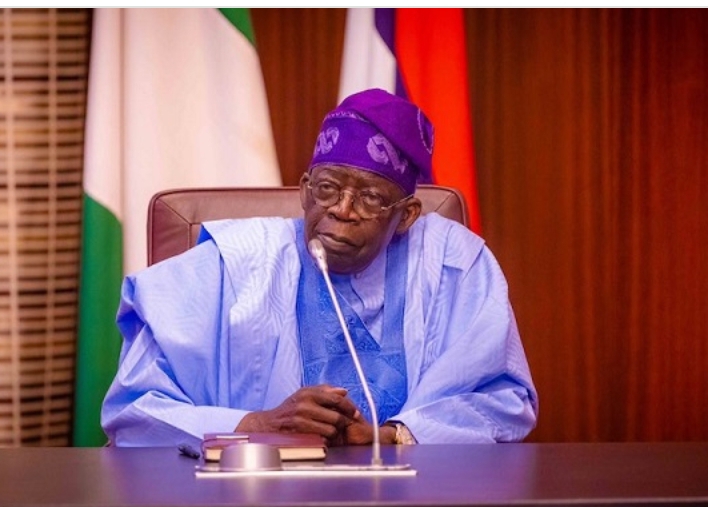
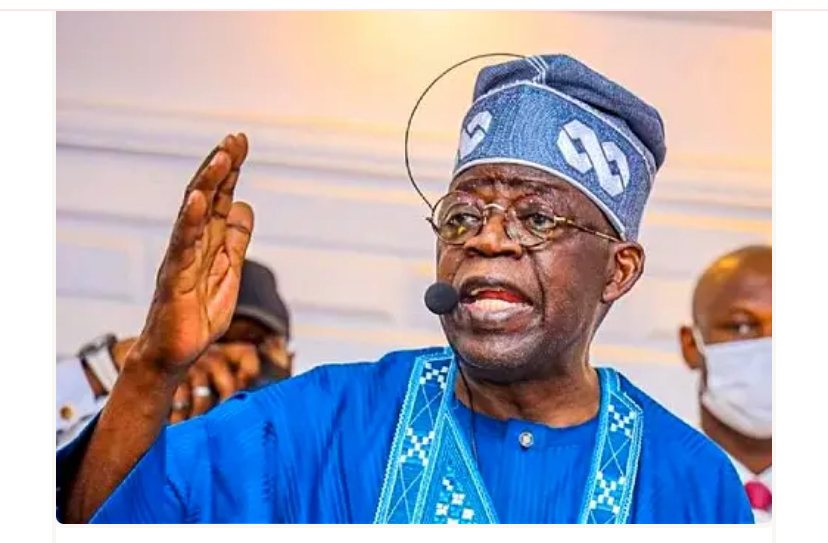 ….No plan to scrap TETFund, others
….No plan to scrap TETFund, others
.,…Dogara, Dickson: Bill in order
Kano House kicks
Apart from refuting the claims that the bills will undermine the economy of any region, the Presidency also clarified that the reforms are designed to streamline tax administration and promote equitable economic development across the country.
The bills have scaled the second reading in the Senate. It is now at the committee stage where it will undergo public hearing.
Also yesterday, Senator Seriake Dickson and former House of Representatives Speaker Yakubu Dogara, gave reasons why the tax reform is desirable and passage of the bills is necessary at this time.
While Senator Dickson (PDP Bayelsa) is optimistic of the bills’ passage, Dogara said the bills would make the North self-reliant hence the region should support it.
Also, House of Representatives spokesman, Akin Rotimi, confirmed that member of the House of Representatives had been informed of the postponement of discussions on the tax bills. The debate ought to hold today.
He said: “The postponement is due to the need for further and broader consultations with all relevant stakeholders.”
Kano State House of Assembly yesterday kicked against the bills, calling on the National Assembly to reject them. It made this position known after its sitting.
Presidential Spokesman Bayo Onanuga also refuted claims that the bills recommended the dissolution of key federal agencies, such as the National Agency for Science and Engineering Infrastructure (NASENI), Tertiary Education Trust Fund (TETFUND), and National Information Technology Development Agency (NITDA).
Onanuga said: “Since the public debate around the transformative tax bills before the National Assembly began in the last few weeks, various political actors and commentators have tried to obfuscate the facts, deliberately misinforming and misleading the public.
“Unfortunately, most reactions are not grounded in facts, reality, or sufficient knowledge of the bills. While some commentators have attempted to incite the people against lawmakers, others have polarised one section of the country against another.
“The tax reform bills will not make Lagos or Rivers more affluent and other parts of the country, as recklessly canvassed, poorer. The bills will not destroy the economy of any section of the country. Instead, they aim to enhance the quality of life for Nigerians, especially the disadvantaged, who are trying to make a living.
“Contrary to the lies being peddled, the bills do not suggest that NASENI, TETFUND, and NITDA will cease to exist in 2029 after the passage of the bills.
“Government agencies, such as NASENI, TETFUND, and NITDA, are funded through budgetary provisions with company income tax and other taxes paid by the same businesses that are being overburdened with the special taxes.
“One reason President Bola Tinubu embarked on the Tax and Fiscal Policy Reforms is the need to streamline tax administration in Nigeria and make the operating environment conducive for businesses.
“For decades, businesses, investors, and private sector players in Nigeria have complained of being overburdened by a myriad of taxes and levies, including those earmarked to fund various government agencies and initiatives.
“The multiple taxes complicate the economic environment, making Nigeria uncompetitive for investment and preventing many businesses from growing or continuing their operations.
“Some companies have had to make the rational decision to relocate to other countries. We cannot continue on this path or wait for 20 years if this country is to deliver the prosperity we need for our people.
“The proposal, as contained in Section 59(3) of the Nigeria Tax Bill, only seeks to consolidate some of the earmarked taxes imposed on companies and replace them with a single tax to be shared with the key agencies as beneficiaries in a phased manner until 2030.
“The time frame offers ample opportunity for the affected agencies to explore other funding sources in addition to budgetary allocations in line with the constitution and international best practices.
“It is a misrepresentation of facts to conclude that changing an agency’s funding source amounts to scrapping it. None of the countries leading globally in education, science, engineering, or information technology have similar earmarked taxes.
“The government imposes major taxes, be it income tax, consumption tax, or other taxes, to channel resources to its areas of priority at the time. Imposing a separate tax to fund an agency is an aberration that has yet to yield results despite the huge burden on businesses. The tax bill seeks to address this problem.
“Relevant stakeholders and public analysts owe it a duty to properly educate themselves about the bills’ contents and avoid misleading the public for any reason. We may be entitled to our opinions, but such views must be informed and based on facts, not emotions targeted at inflaming passions.
“In a period like this, when our people across the country look up to leaders for guidance and direction on matters of public importance, such as the Tax Reform Bills, leaders should be more measured in their public utterances to avoid heating the polity and polarising the country unduly.
“President Tinubu welcomes the public interest these bills have generated. He encourages leaders across the country, including governors, traditional rulers, civil society activists, students, trade associations, professional associations, and the general public, to take advantage of the Public Hearings that the National Assembly will organise to present their views on how best to reform our taxes and fiscal regime.
“What is never in doubt is the imperative of changing the existing tax laws and administration that have become obsolete and unhelpful in achieving the growth and development we desire for our country”, the statement said.
National Assembly will pass bills, says Dickson
Dickson, Chairman of the Senate Committee on Ecology and Climate Change, said the opposition to the bills notwithstanding, the Senate would pass them in national interest.
He also allayed the fear in some quarters that the planned public hearing would be chaotic, if it is not postponed for further consultations.
“Those opposed to the bills should come to the public hearing with facts, if they have issues with any section of the bills.
“During the debate on the PIB, the Niger Delta leaders asked for 10% of the Operating Expenses or Expenditure (OPEX) of oil companies for host communities, but only 3% was granted.
“The late President Umaru Musa Yar’adua proposed 10% for the host communities, the National Assembly passed three per cent after about two decades without any protest.
He said: “The Senate has passed the Tax Reforms Bills for second reading. Public hearing will take place and people should get ready to present their positions. The tax bill is a law like every other law and it has to go through the normal legislative process.
“Right now, taxes from Bayelsa State are paid to Lagos State and I don’t want that to continue. When there is consumption of goods or services from any state it should be calculated and paid to that state.
Why I’m opposed to Tax Reform Bills, by Zulum
RHAN commends Senate as Tax Reform Bills scales through second reading
“Now there is an opportunity to review the tax laws, to correct the anomalies and that’s why I’m in support.“I know there are states that are feeling that when they apply the new sharing formula, they will earn less. It’s for them to raise those issues and bring the statistics. I don’t go by sentiments. I go by what is right and in the national interest.”
“Forget about uproar, there will be no uproar. Public hearing is an opportunity for people to present their matters, and nobody is going to be intimidated by uproar.
“The PIA was passed. We wanted 10%, which was what Yar’adua proposed. They (federal lawmakers) reduced it to 3%. Heaven did not fall. This tax reform bills will pass and heavens will not fall.”
Dickson spoke during an interaction with reporters at the National Assembly.
Dogara: North should accept reforms
Speaking on a national television programme last night, Dogara said: “We should remove the cap of regionalism, the cap of sectionalism, the cap of religion and put on the cap of leadership because that is what will resolve the quarrel that we have.”
He added: “I think one of the major objections is related to the issue of timing. I’ve heard this from leaders that I respect.
“But in leadership, when you talk about timing, the way I have heard them talk about is a tragic misconception of the notion of time itself because there’s nothing like the future, there’s nothing like the past,” he said.
“All we have is now. It is what you are doing now that will become your past. It is what you are doing now that will affect your future”.
“I don’t even care if it was part of the president’s agenda. All I am bothered with as a leader is: is it the right thing?”
“Secondly, I have heard about insufficient consultation. I had even heard legislators speaking as if they were spokespersons for some governors’ forum or others instead of looking at what is right, and proffering solutions.
“Now, I don’t know why he [Taiwo Oyedele), who leads the Presidential Fiscal Policy and Tax Reforms Committee and a panelist for the event] didn’t address some of these issues. But I believe in the course of our interface, he will address whether there was enough consultation with the governors.
“But I want to say this: at the state level, how many people do governors consult when they are making laws? I’m not challenging them. As a matter of fact, in some cases, state laws are written from the living rooms of governors.”
On derivation, Dogara said: “I say to them, if that is the case, let us define it.”
“I want to talk to my brothers in the North. I don’t think this is the time to begin to condemn the President and be saying that these bills are anti-North.
“So, we, as northerners, should better embrace this opportunity to build our region, and for our people to be generating wealth and building our economy.
“These bills will make us more independent and to look inwards to generate wealth.
“These bills discourage us looking at the government every time for money.
“I want to remind us that the President has done something that is significant. And in my life-time, if the President can pursue this to the end, it will mean that no Northern leader in my life-time has done what the President has done for the North. And that is the creation of the Livestock Ministry.
“There is a global business around that. The global market size of dairies, of beef in the next three years will rise to about $2.5 trillion. You can Google it. So if in the north, we are able to organize ourselves in such a way that we can corner just 5%, just 5% of this global market size of dairies and beef, I tell you that gives us $250 billion.
“We don’t need VAT from any state in Nigeria to survive. The North can survive on its own. We are the most endowed part of Nigeria.”
“We have all the resources, we can survive”, Dogara added.
Dogara, who noted that the President has done much for the North, said the claims that the bills are against the region are unfounded.
Kano House kicks
At the plenary presided over by the Speaker Isma’il Falgore, the lawmakers rejected the bills after extensive deliberation.
Majority Leader Lawan Husseini (ANPP-Dala) introduced a motion of ‘urgent public importance,’ emphasising the need for northern lawmakers and the Conference of Speakers to prevent the passage of the bills.
Husseini argued that if passed into law, the bills would not benefit the Northern States.
He condemned the Senate’s decision to approve the bills, saying, “we view it as a deliberate effort to sabotage the economy, increase hardship and further impoverishing the region.”
Husseini expressed concern over the proposed Value Added Tax (VAT) allocation system, noting that states like Lagos, where major corporations such as banks, telecommunications companies and multinational companies have their headquarters, would receive the largest share of the VAT.
“Lagos and its environs would account for 80 percent of the VAT collected in Nigeria, leaving northern states with a minimal share,” he said.
He warned that if allowed to scale through, the bill would further weaken northern states, potentially rendering some unable to pay salaries and worsening poverty and hardship.
Supporting the motion, Salisu Mohammed (APC-Doguwa) urged the upper legislative house to focus on more pressing national issues, such as attention insecurity and unemployment, instead of rushing the tax reform bills through the legislative process.
Murtala Kadage (ANPP-Garko) called for unity among lawmakers to prevent the bills from passing, for the benefit of the region.
The house called on northern members of the Senate and House of Representatives, along with the Conference of Speakers, to take a swift and decisive action to block the passage of the bills
news
NDDC Prepares for Agric Summit, Meets Stakeholders, Says MD

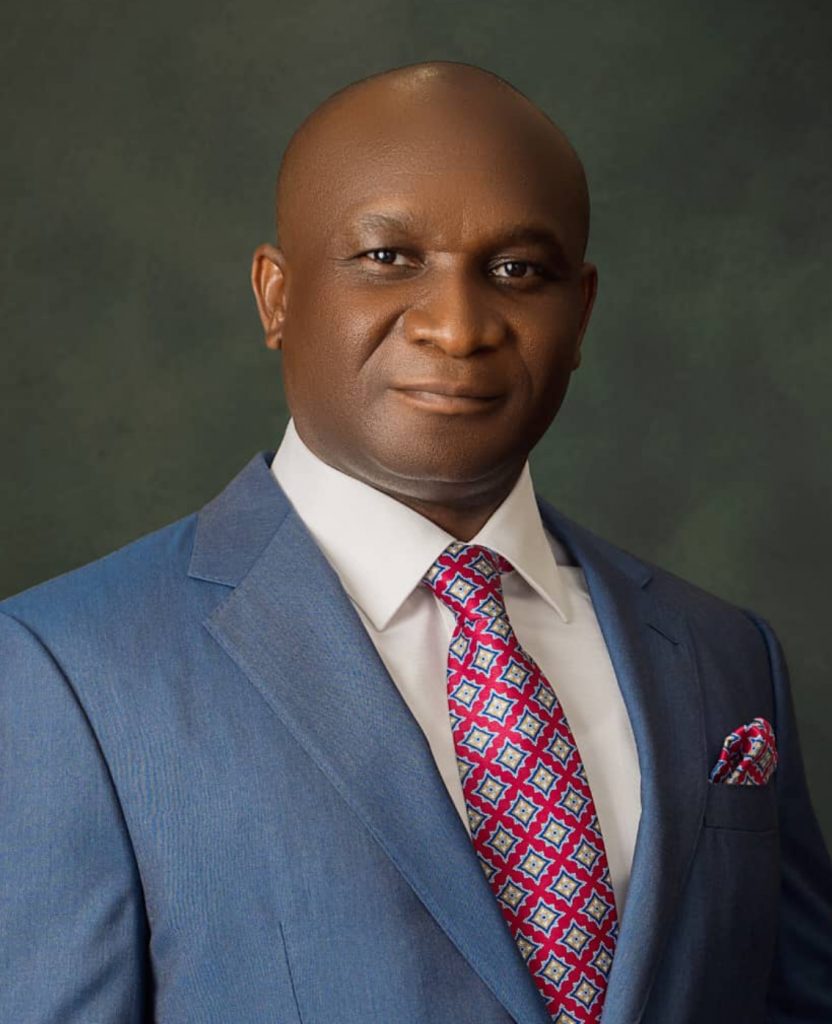 The Niger Delta Development Commission, NDDC, is hosting a two-day strategic meeting with commissioners, permanent secretaries, and directors of agriculture, fisheries & livestock in the nine Niger Delta states.
The Niger Delta Development Commission, NDDC, is hosting a two-day strategic meeting with commissioners, permanent secretaries, and directors of agriculture, fisheries & livestock in the nine Niger Delta states.
The meeting, which kicks off on Thursday in Port Harcourt, Rivers State, would be addressed by the NDDC Managing Director, Dr Samuel Ogbuku, who is expected to outline his plans for a retreat and agricultural summit for the Niger Delta region in line with President Bola Ahmed Tinubu administration’s agrarian programme.
An invitation extended to the stakeholders by the NDDC Director of Agric and Fisheries, Dr Winifred Madume, stated that the Commission was determined to make the Renewed Hope Agenda of the Federal Government a reality in the Niger Delta region by ensuring food security for the people.
Recall that the NDDC Chief Executive Officer had earlier assured that the Commission would align with the President’s vision for agriculture, to ensure that agriculture served as a platform for peace and security in the Niger Delta region.
Ogbuku promised: “Any time from now, the NDDC will convene a mini-agricultural retreat for state governments and commissioners of agriculture. States in the region have their various areas of strength in agriculture. We aim to establish regional agricultural integration, which will later evolve into a regional agricultural summit where a comprehensive master plan for the region’s agriculture will be developed.”
The Managing Director affirmed that the NDDC was engaging all stakeholders to ensure harmony and cooperation in developing the hitherto neglected Niger Delta region.
Reflecting on the Federal Government’s agricultural policies, Ogbuku stressed the need to bring them home to the Niger Delta region, noting that the NDDC would continue to promote policies and programmes that enhance food security and poverty reduction in the states .
news
Update : Tinubu approves 15% import duty on petrol, diesel, aimed to protect local refineries
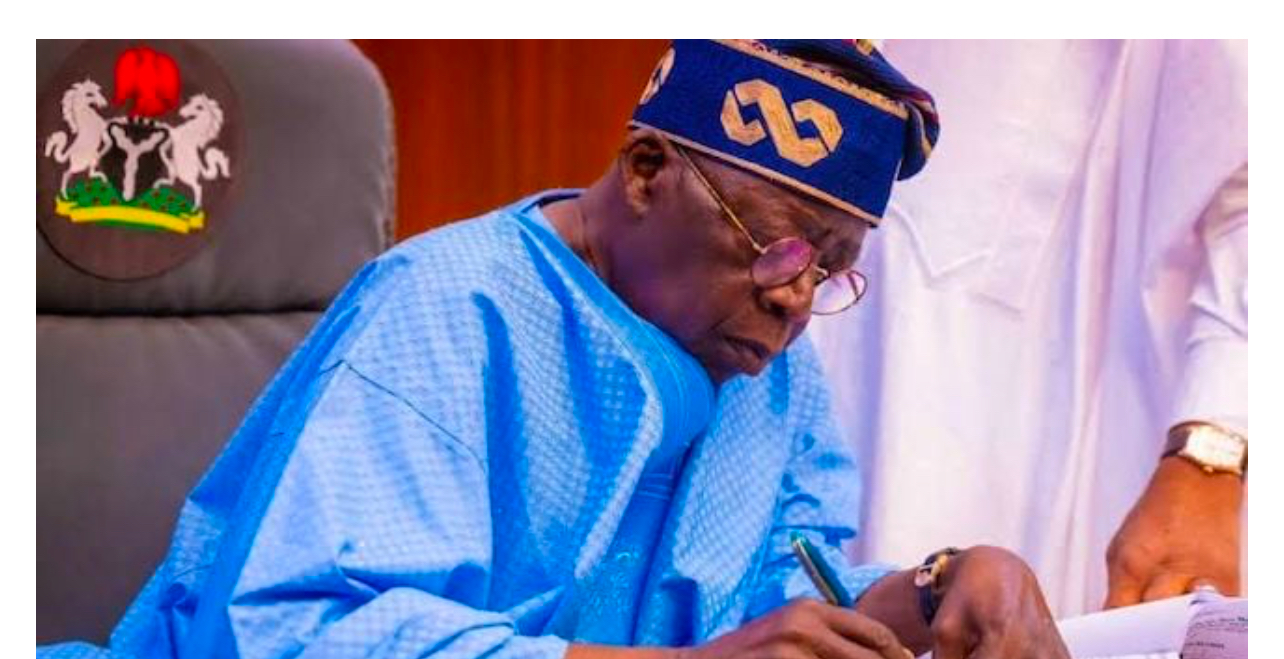
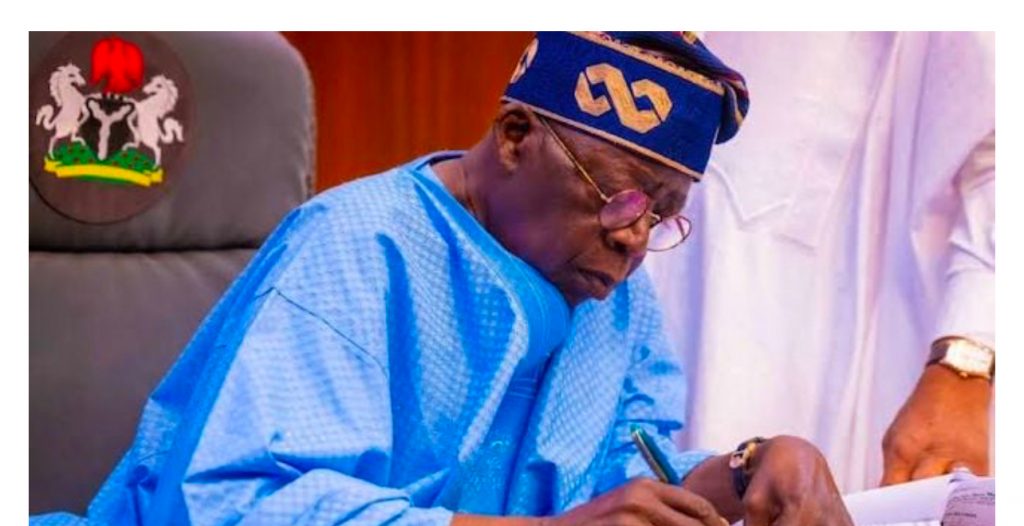
President Bola Tinubu has approved the introduction of a 15 per cent ad-valorem import duty on petrol and diesel imports into Nigeria.
The initiative is aimed at protecting local refineries and stabilising the downstream market, but it is likely to raise pump prices.
In a letter dated October 21, 2025, reported publicly on October 30, 2025, and addressed to the Federal Inland Revenue Service and the Nigerian Midstream and Downstream Petroleum Regulatory Authority, Tinubu directed immediate implementation of the tariff as part of what the government described as a “market-responsive import tariff framework.”
The letter, signed by his Private Secretary, Damilotun Aderemi, and obtained by our correspondent on Wednesday, conveyed the President’s approval following a proposal by the Executive Chairman of the FIRS, Zacch Adedeji.
The proposal sought the application of a 15 per cent duty on the cost, insurance and freight value of imported petrol and diesel to align import costs with domestic market realities.
Adedeji, in his memo to the President, explained that the measure was part of ongoing reforms to boost local refining, ensure price stability, and strengthen the naira-based oil economy in line with the administration’s Renewed Hope Agenda for energy security and fiscal sustainability.
“The core objective of this initiative is to operationalise crude transactions in local currency, strengthen local refining capacity, and ensure a stable, affordable supply of petroleum products across Nigeria,” Adedeji stated.
The FIRS boss also warned that the current misalignment between locally refined products and import parity pricing has created instability in the market.
“While domestic refining of petrol has begun to increase and diesel sufficiency has been achieved, price instability persists, partly due to the misalignment between local refiners and marketers,” he wrote.
He noted that import parity pricing- the benchmark for determining pump prices, often falls below cost recovery levels for local producers, particularly during foreign exchange and freight fluctuations, putting pressure on emerging domestic refineries.
Adedeji added that the government’s responsibility was now “twofold, to protect consumers and domestic producers from unfair pricing practices and collusion, while ensuring a level playing field for refiners to recover costs and attract investments.”
He argued that the new tariff framework would discourage duty-free fuel imports from undercutting domestic producers and foster a fair and competitive downstream environment.
According to projections contained in the letter, the 15 per cent import duty could increase the landing cost of petrol by an estimated N99.72 per litre.
“At current CIF levels, this represents an increment of approximately 99.72 per litre, which nudges imported landed costs toward local cost-recovery without choking supply or inflating consumer prices beyond sustainable thresholds. Even with this adjustment, estimated Lagos pump prices would remain in the range of N964.72 per litre ($0.62), still significantly below regional averages such as Senegal ($1.76 per litre), Cote d’Ivoire ($1.52 per litre), and Ghana ($1.37 per litre).”
The policy comes as Nigeria intensifies efforts to reduce dependence on imported petroleum products and ramp up domestic refining.
The 650,000 barrels-per-day Dangote Refinery in Lagos has commenced diesel and aviation fuel production, while modular refineries in Edo, Rivers and Imo states have started small-scale petrol refining.
However, despite these gains, petrol imports still account for up to 67 per cent of national demand.
news
JUST IN: Tinubu decorates Service Chiefs with new ranks
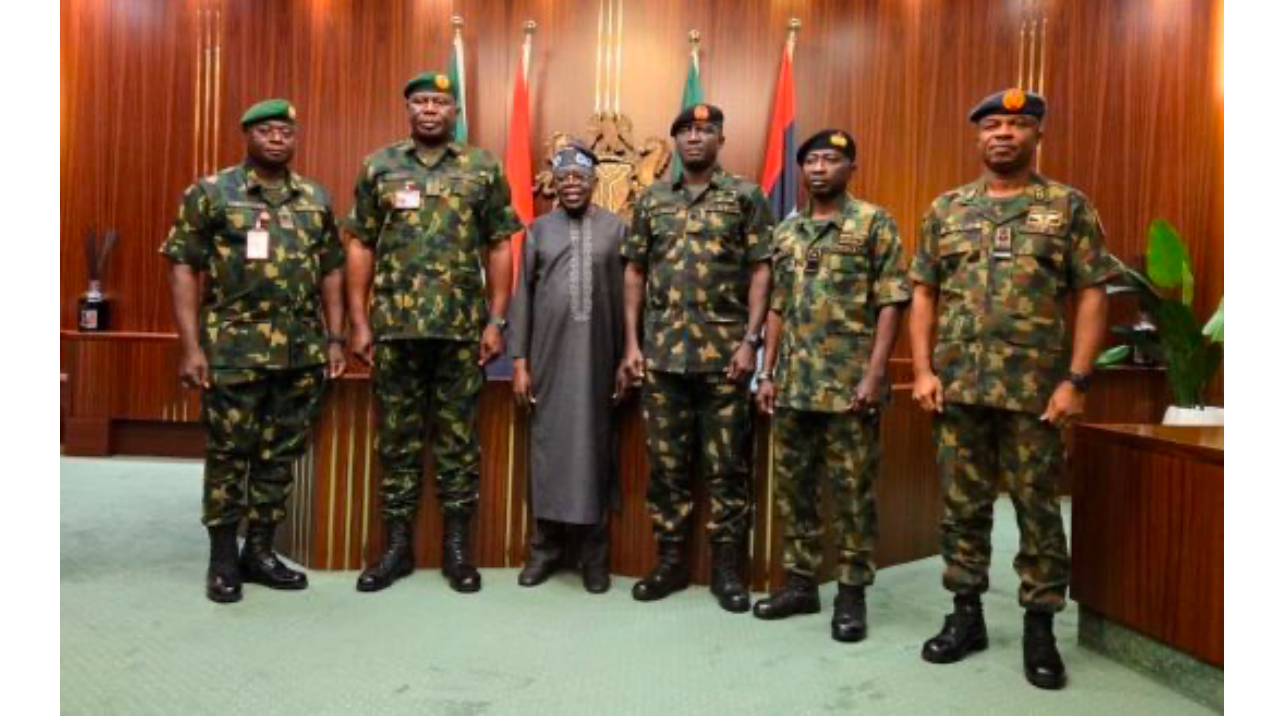
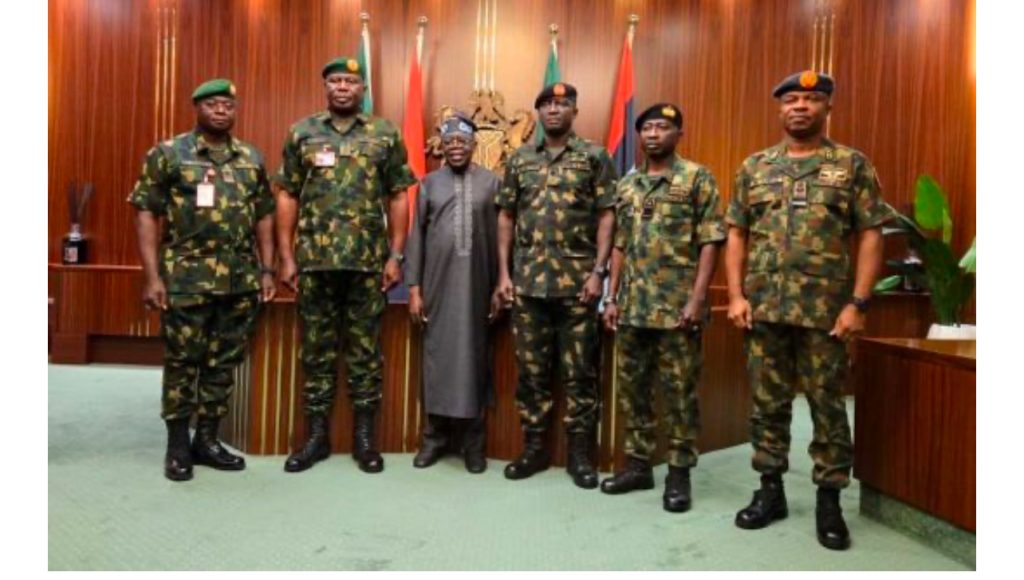
President Bola Ahmed Tinubu has decorated the new Service Chiefs with their new ranks in the military to suit their new positions.
The newly decorated handlers of the nation’s Armed Forces include Lieutenant General, now General Olufemi Olatubosun Oluyede, as Chief of Defence Staff; and Major General now Lieutenant General Emmanuel Undiendeye Undiendeye as Chief of Defence Intelligence (CDI).
Others are Major General, now Lieutenant General Waidi Shaibu as Chief of Army Staff (COAS); Air Vice Marshal, now Air Marshal Kevin Aneke as Chief of Air Staff;
Service chiefs pledge improved security, local arms production, technology use
Tinubu last Friday announced the replacement of the Service Chiefs, a move that has been attributed to the need to refocus and strengthen national security.
While commenting on his action, President Tinubu, in a post on his verified X handle, charged the new military chief helmsmen to “deepen professionalism, vigilance, and unity within our Armed Forces as they serve our nation with honour”.
Tinubu decorates Service Chiefs with new ranks
Tinubu decorates Service Chiefs
President Bola Ahmed Tinubu has decorated the new Service Chiefs with their new ranks in the military to suit their new positions.
The newly decorated handlers of the nation’s Armed Forces include Lieutenant General, now General Olufemi Olatubosun Oluyede, as Chief of Defence Staff; and Major General now Lieutenant General Emmanuel Undiendeye Undiendeye as Chief of Defence Intelligence (CDI).
Others are Major General, now Lieutenant General Waidi Shaibu as Chief of Army Staff (COAS); Air Vice Marshal, now Air Marshal Kevin Aneke as Chief of Air Staff;
Service chiefs pledge improved security, local arms production, technology use
Tinubu last Friday announced the replacement of the Service Chiefs, a move that has been attributed to the need to refocus and strengthen national security.
While commenting on his action, President Tinubu, in a post on his verified X handle, charged the new military chief helmsmen to “deepen professionalism, vigilance, and unity within our Armed Forces as they serve our nation with honour”.
-

 news5 years ago
news5 years agoUPDATE: #ENDSARS: CCTV footage of Lekki shootings intact – Says Sanwo – Olu
-

 lifestyle5 years ago
lifestyle5 years agoFormer Miss World: Mixed reactions trail Agbani Darego’s looks
-

 health5 years ago
health5 years agoChairman Agege LG, Ganiyu Egunjobi Receives Covid-19 Vaccines
-

 lifestyle4 years ago
lifestyle4 years agoObateru: Celebrating a Quintessential PR Man at 60
-

 health5 years ago
health5 years agoUPDATE : Nigeria Records 790 new cases of COVID-19
-

 health5 years ago
health5 years agoBREAKING: Nigeria confirms 663 new cases of COVID-19
-

 entertainment9 months ago
entertainment9 months agoAshny Set for Valentine Special and new Album ‘ Femme Fatale’
-

 news5 months ago
news5 months agoBREAKING: Tinubu swears in new NNPCL Board


